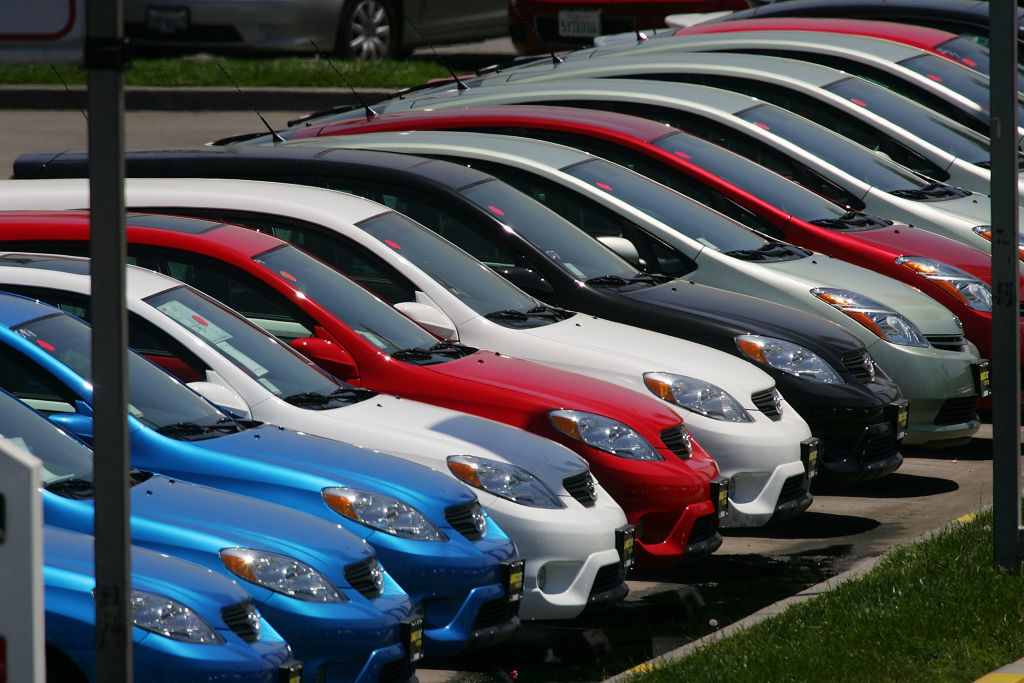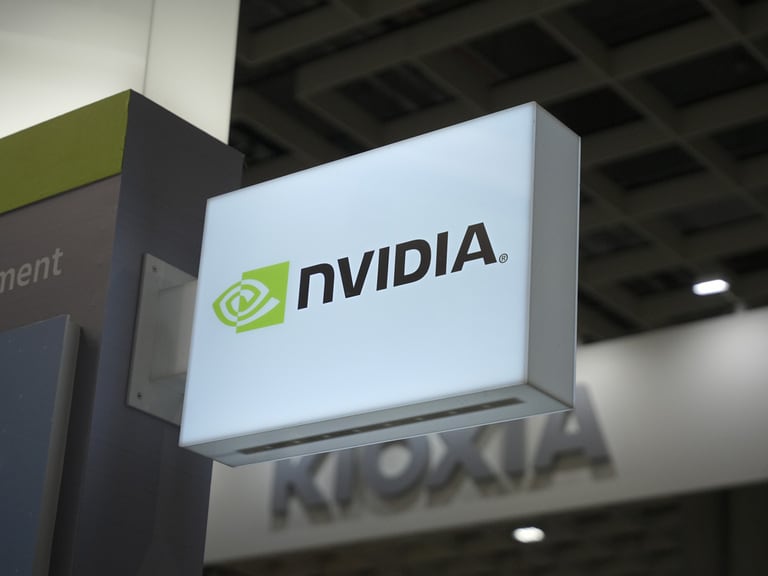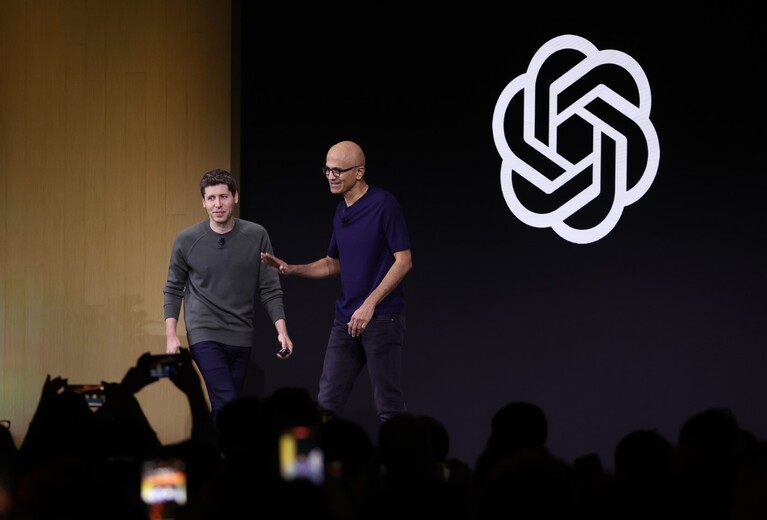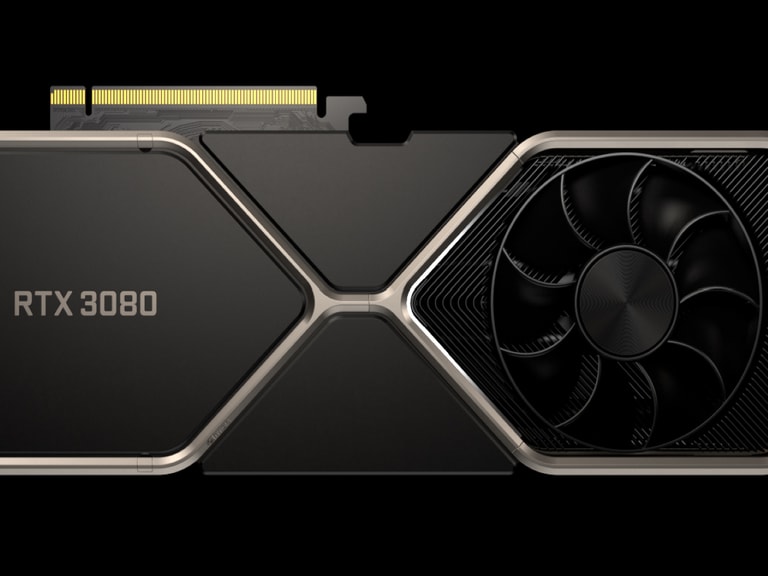When one looks at the travails of the new and used car market over the last three months, and the complete global collapse in auto sales, it seems a rather strange time to launch an IPO that focuses on the sale of used cars online.
Vroom IPO launch sees share price double
This week’s Vroom IPO launch left tyre marks on the starting grid, and as the company spun its wheels out of the blocks, the Vroom share price more than doubled in the first day of trading, rising from an IPO price of $22 to close at $47.90 and a market cap of $5.52bn.
The premise appears to be that in a post Covid-19 world, a website that allows the potential customer to view the car online and have it delivered direct to your door, with no human interaction, is the way forward for buying a used car. Here in the UK, Cazoo.co.uk runs a similar type of service, with a 7-day money back guarantee.
While the premise seems a good one, buying a car online is one of those experiences that can’t really be compared to buying an electrical item like a TV, Blu-Ray player, or games console online. Most people will already have shopped around and kicked the tyres, so to speak, at an electrical retailer beforehand. This is what makes buying a new or used car a much trickier process. Even if you go into a car showroom you also have to tread carefully, not to mention navigate your way around car salesman keen to sell you a hatful of extras, in order to bump up their commissions.
The one advantage the buyer has in a car showroom is the ability to get in the car and go out for a test drive, and see how the car handles, where the pedals are, and what the seats are like, not to mention the leg room, as well as all the optional extras of electric windows, air-conditioning, music system, and adjustable seats. You won’t get to experience this if you buy a car online, and while the 7-day money back return policy is a useful safety net, some problems may not become immediately apparent until after that period has been and gone.
Vroom faces tough challenges in race to make a profit
To understand the challenges facing Vroom, you only have to look at the company fundamentals – and they aren’t promising. The company has never made a profit since starting out in 2012; last year it lost $143m, and it's already down $41m in its first quarter. While it's true that the Covid-19 virus is likely to have changed consumer shopping habits quite significantly, there are some things, like buying a car or a house, where there is no substitute to going to see the actual item that is up for sale.
There is also the fact that Vroom isn’t the only player in this market, with Carvana also a major player, and who already offer a similar service. Carvana's IPO launched in 2017, and while they have seen decent revenue growth and huge gains in the share price, they have also yet to turn a profit. Looking at Carvana’s numbers, the omens don’t look particularly encouraging. True, revenue has shown a decent increase, rising from $859m in 2018 to $4.28bn at the end of 2020, however free cash flow has gone from -$280m to -$988bn, in its most recent financial year. That’s a huge cash burn, meaning that debt levels have risen to $1.5bn. This is why the company had to raise $600m in fresh capital in April, and unless things pick up through the rest of the year may well have to tap their shareholders for more.
Buying a used car is always a tricky proposition: you can be lucky and find yourself a nice car with low mileage, and a good runner, or you can find yourself buying a pig in a poke. I should know; I’ve managed to experience both in all my years of buying cars. Time will tell whether Vroom is the former, or the latter, but looking at the fundamentals it will have to make a profit at some point to be viable.






